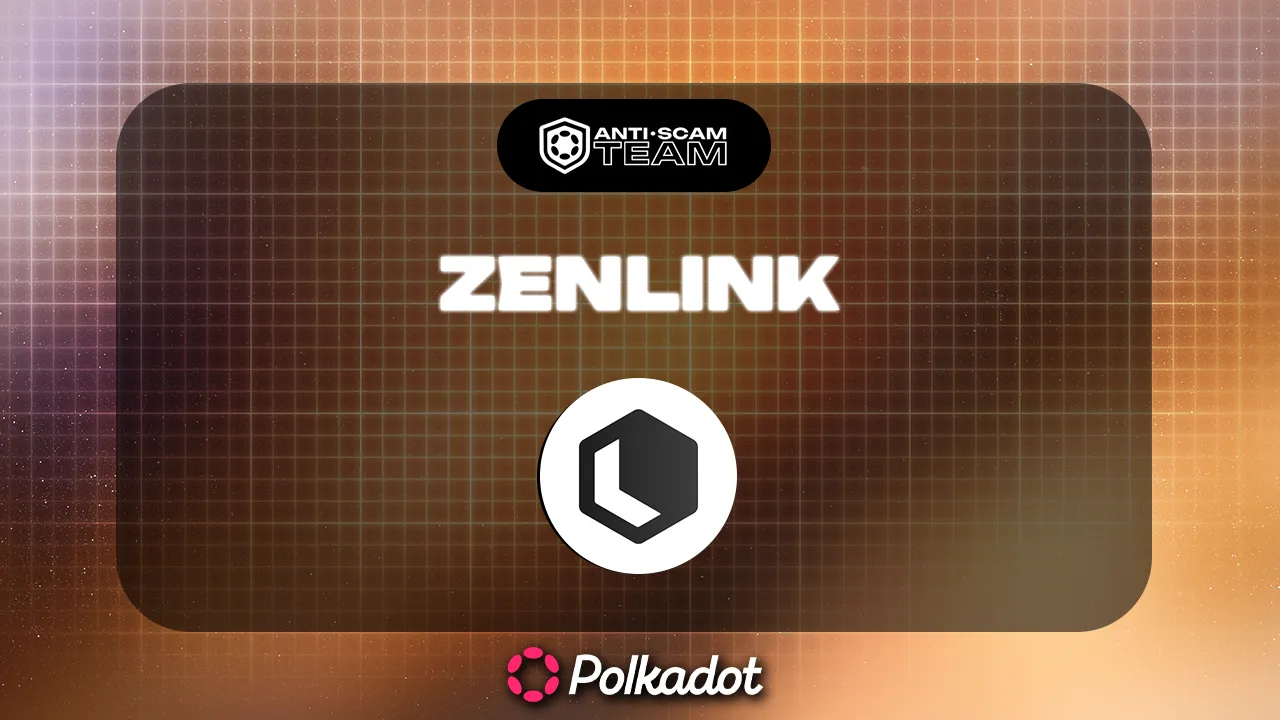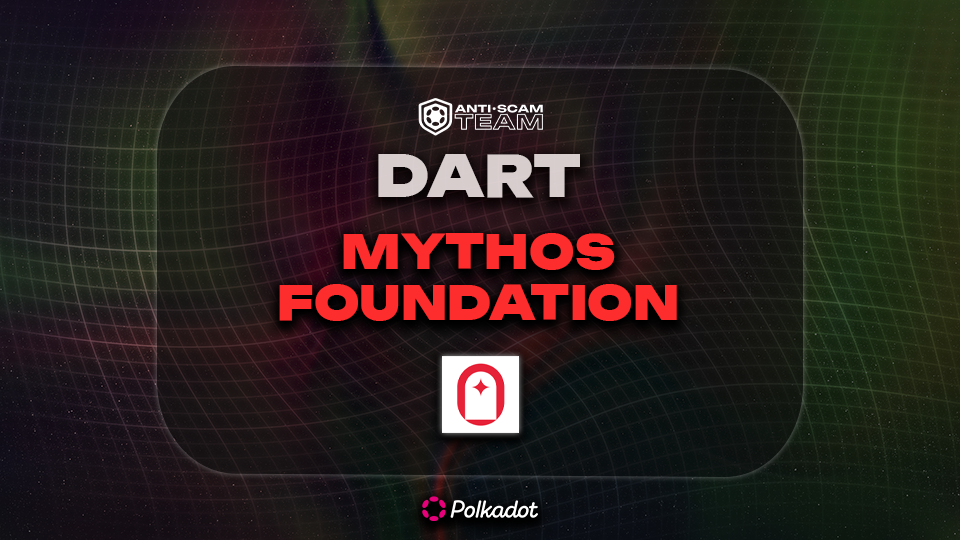The decentralized finance (DeFi) landscape has seen rapid innovation, with Zenlink emerging as a notable player in the Polkadot ecosystem. As a decentralized exchange (DEX) protocol, Zenlink is designed to enable seamless cross-chain token swaps and shared liquidity across Polkadot parachains. This article explores the findings of a recent Digital Assets Risk and Trustworthiness Assessment (DART) on Zenlink, highlighting its strengths, weaknesses, and overall potential.
Project Overview
Zenlink positions itself as a scalable, interoperable DeFi solution on Polkadot, offering tools such as a DEX aggregator and liquidity management systems. Its emphasis on security and user-friendliness makes it a valuable infrastructure component in the Polkadot network. However, a comprehensive review of its operations reveals mixed results.
Key Strengths
1. Technical Foundation and GitHub Activity
Zenlink’s GitHub repository demonstrates active development, with over 40 repositories showcasing the use of modern programming languages like Rust, Go, TypeScript, and JavaScript. Regular updates and a collaborative developer community underscore a strong commitment to technical excellence. Additionally, the project’s transparency in publishing security audits from SlowMist and PeckShield further enhances its credibility.
2. Business Model and Value Proposition
Zenlink’s modular architecture simplifies DEX deployment and fosters cross-chain trading with minimal friction. By addressing liquidity fragmentation and ensuring low slippage, the protocol provides significant value to both developers and users. Its focus on leveraging Polkadot’s growing ecosystem enhances its long-term growth potential.
3. Partnerships and Backing
The project boasts partnerships with key players such as Moonbeam, Acala, and Chainlink. Backing from reputed investors, including Alameda Research and Hashkey, lends further credibility. These associations hint at strong industry recognition, even amidst limited public team information.
Major Concerns
1. Team Transparency
A lack of detailed team information raises questions about Zenlink’s leadership credibility. The team’s anonymity, coupled with pseudonyms like co-founder “Leo,” makes it challenging to assess their expertise or track record. While Zenlink highlights ties to imToken—a project with notable backing—the absence of verifiable public profiles limits trust.
2. Community Engagement and Management
Zenlink’s online community spans platforms like X (formerly Twitter), Medium, Telegram, and Discord. Despite boasting sizable followings—25,000 on X and 33,000 on Discord—engagement levels are inconsistent. Discord’s outdated announcements and lack of dedicated scam prevention measures raise red flags. This undermines user confidence and poses reputational risks.
3. Scam Vulnerability
Zenlink’s limited presence on platforms like Reddit and LinkedIn opens avenues for impersonation scams. Combined with insufficient safeguards on existing platforms, this oversight could harm the project’s user base and reputation.
Conclusion and Rating
Zenlink’s innovative vision and robust technical foundation position it as a promising player in the DeFi space. Its focus on creating a unified cross-chain DEX ecosystem aligns well with Polkadot’s interoperability goals. However, significant gaps in team transparency and community management hinder its trustworthiness. These weaknesses, coupled with moderate community engagement, result in a two-star rating out of five in the DART assessment.
While Zenlink’s potential is undeniable, prospective users and investors should proceed with caution, conducting thorough due diligence. Enhancing transparency, strengthening community safeguards, and improving engagement could help Zenlink realize its full potential in the competitive DeFi ecosystem.




